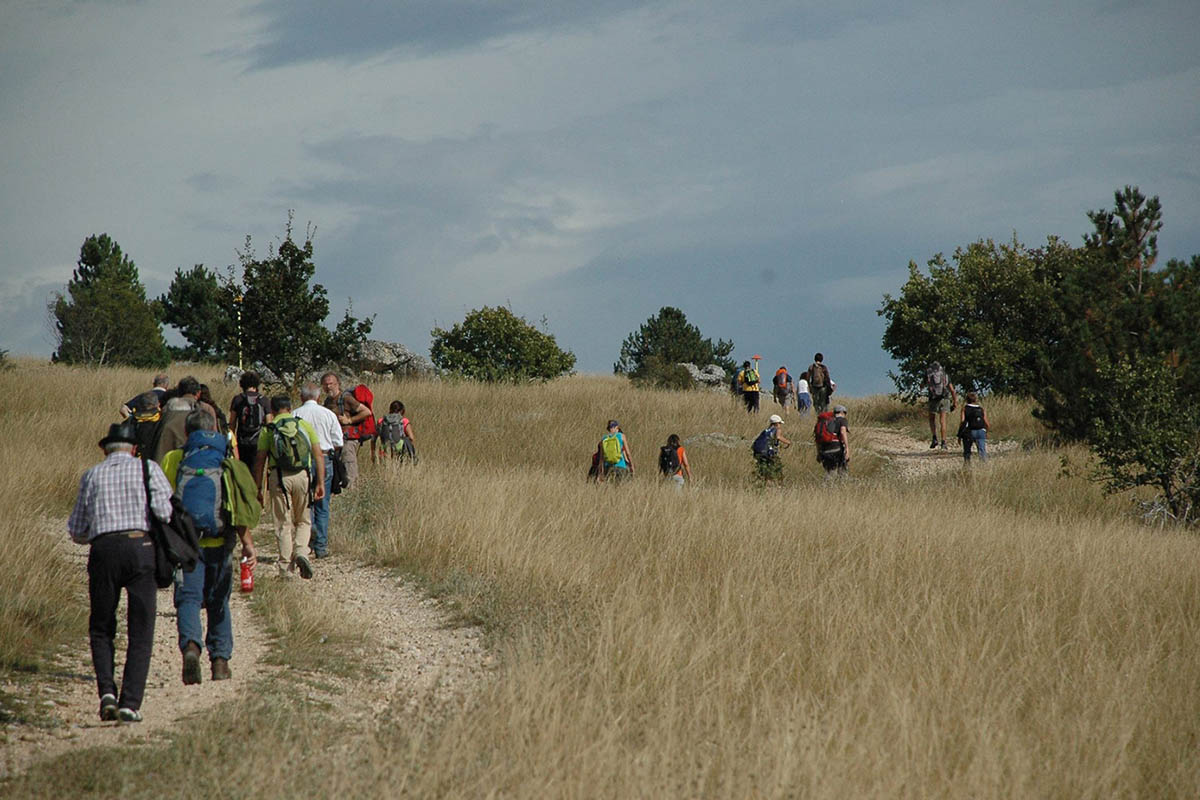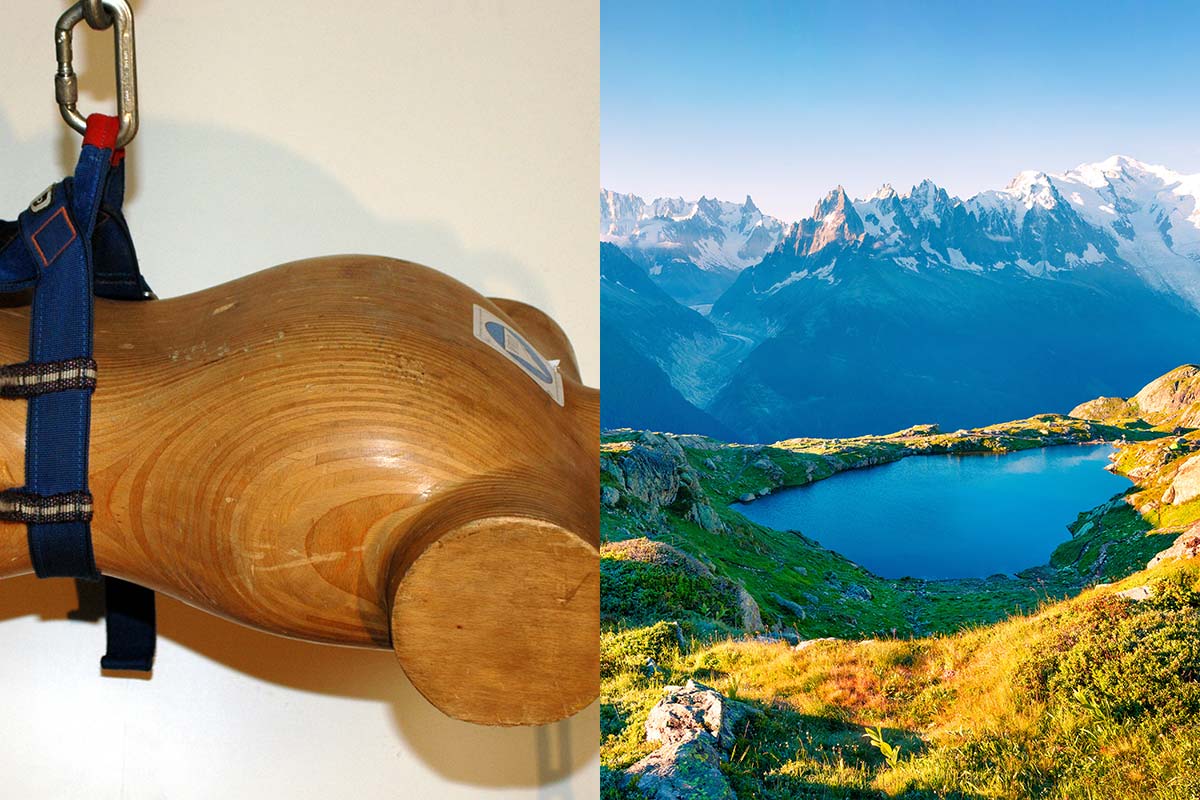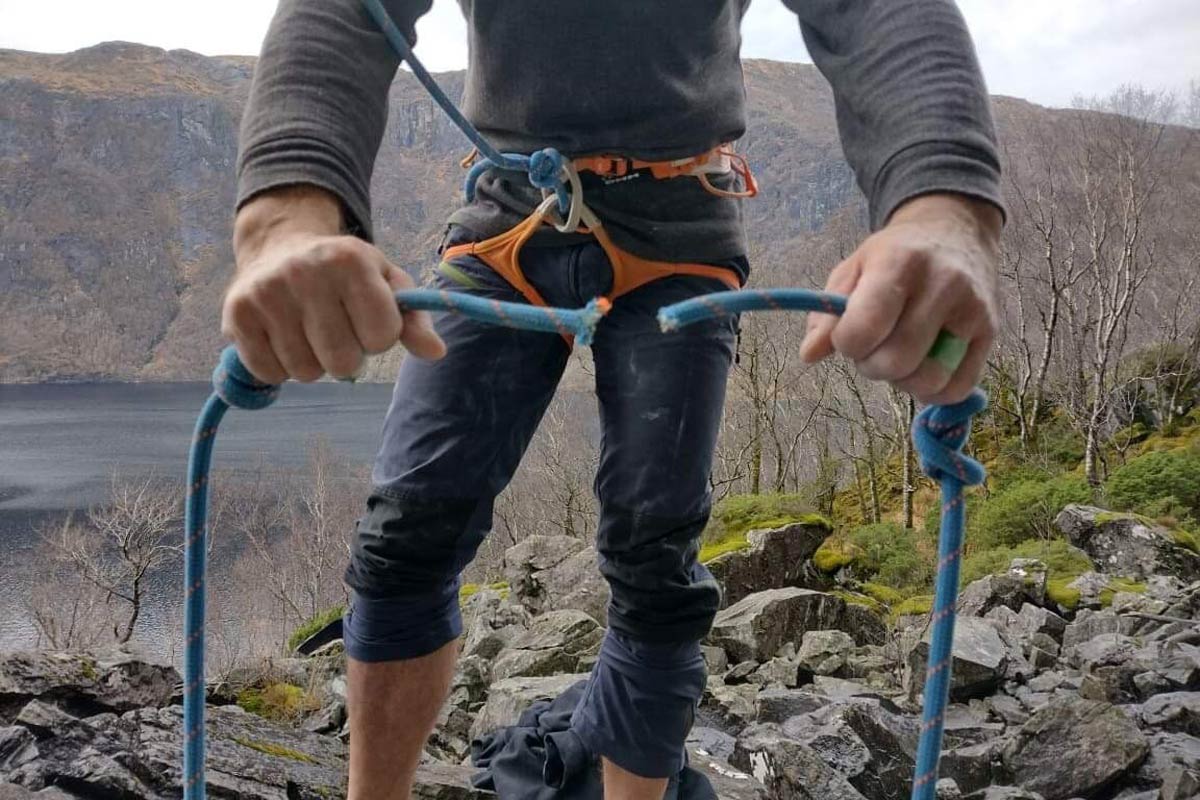The vestini transhumance route, building an ecomuseum in the Aquila Mountain Province
Project Status: not yet implemented
GOALS AND OBJECTIVES
The “Vestini Transhumance Route” (VRT) project consists in designing, realizing and promoting a long-distance footpath (150 km), in L’Aquila mountain region (Abruzzo, Italy). The project also provides opportunities for universities to organize innovative fieldwork activities in archaeology, economic and cultural geography, sustainable mountain development, agricultural and pastoral sciences.
The VRT project is understood as a first step towards building an eco-museum in L’Aquila mountain province. The overall goal is to promote social and territorial cohesion, enhancing the local heritage and reversing social negative trends currently affecting the province (population decline, natural and cultural heritage degradation, loss of cultural identity, social fragmentation and results of the devastating earthquake of April 6 2009).
Through a participatory process of designing and implementing the Vestini Transhumance Route, the project also aims to empower local environmental and cultural education through enhancing the knowledge about the local heritage, even promoting training courses and participatory workshops. VRT is also addressed to enhance the quality of life and the whole region’s attractiveness, by also enhancing local capacities in building an integrated tourism, promoting high quality food products, promoting environmentally and sustainable development policies; protecting the local natural and cultural heritage.
HOW DO WE CONTRIBUTE TO MOUNTAIN PROTECTION
The project is a response to the increasing of the hydrogeological instability, natural degradation and afforestation currently affecting the area after the earthquake. The VRT project helps understand, recognize, discover and highlight unexpressed potentialities of L’Aquila mountain territory. A strategic asset will be the national and international partnerships with universities and research centres where fieldwork activities will promote sustainable mountain development. Training courses and workshops on responsible tourism will be organised for students, local SMEs and non-profit organizations in order to improve their knowledge, and organize their products and services.
COLLABORATION WITH LOCAL COMMUNITIES
Salviamo la Piana association (a team of local experts and volunteers networking for a sustainable vision about L’Aquila mountain region and its natural and cultural heritage) works in collaboration with Landscapes in Transhumance (LIT) with aim to “restore, monitor and maintain the ancient paths that constitute the intricate network of shepherds’ transhumance routes in the mountain areas of Abruzzo”. As it is conceived, the VRT project can also be understood as a pilot intervention of sustainable mountain development addressed to strengthen community resilience in mountain areas and to gain positive social development outcomes. VRT project is striving to work with international, national, regional and local partners. The idea is to build partnerships through participatory and bottom-up processes in order that the future 150km natural path valorise and promote cultural and agricultural richness of the region.
Through a participatory process of designing and implementing the Vestini Transhumance Route, the project also aims to empower local environmental and cultural education through enhancing the knowledge about the local heritage, even promoting training courses and participatory workshops. VRT is also addressed to enhance the quality of life and the whole region’s attractiveness, by also enhancing local capacities in building an integrated tourism, promoting high quality food products, promoting environmentally and sustainable development policies; protecting the local natural and cultural heritage.
GOING FURTHER THAN BUSINESS AS USUAL
The VRT project is a highly innovative idea of planning participatory cultural and natural heritage management and education in mountain environments. Through the design and the implementation of a long-distance natural footpath, it promotes community-based agreements with local municipalities and no profit organizations, in order to share sustainable strategies of intervention, landscape maintenance and heritage valorisation and promotion. By applying a Social Impact Assessment, it provides a careful evaluation of the likely social impacts and benefits for the local communities. The engagement, since the inception of the VRT project, of the local network agreement Landscape in Transhumance will also provide an innovative strategy for a socially sustainable management of the project outcomes and their future development, thus enlarging the concept of “corporate social responsibility” into a broader innovative concept of “corporate territorial responsibility”.
Furthermore, partnership agreements with national and international universities will provide the organization of innovative fieldwork activities engaging hundreds of students in the process of co-producing knowledge with local people, local shepherds and farmers. Fieldwork activities will be organized directly within the local centres of high-quality food and craft production and transformation (e.g. small local saffron and diary farms, and woollen mill), and directly on archaeological sites traversed by the trail. This place-based idea of education, made with and for the hosting local communities, clearly goes beyond the traditional conception of scientific knowledge production and it is designed in order to enhance social inclusiveness, and to strengthen local knowledge and capacities.
VOLUNTEERING OPPORTUNITIES
The VTR two main activities have been conceived in order to promote also stewardship in the region: designing and implementing the Vestini Transhumance Route, and organizing fieldwork activities in partnership with national and international Universities and research centres. The former will, in fact, imply the engagement of local volunteers among local involved no profit organizations that will directly support the design and the implementation of the trail; the latter, by implying a radical shift in the production of scientific knowledge, will imply that foreign students will be trainers that will enhance local capacities and sustainability in the local processing and craft production, while learning from and with local shepherds and farmers traditional techniques and local cultural values.
Visit the initiative’s facebook page.
CONTACT
Lapiana Lapiana
salviamolapiana@gmail.com
salviamolapiana.org/



